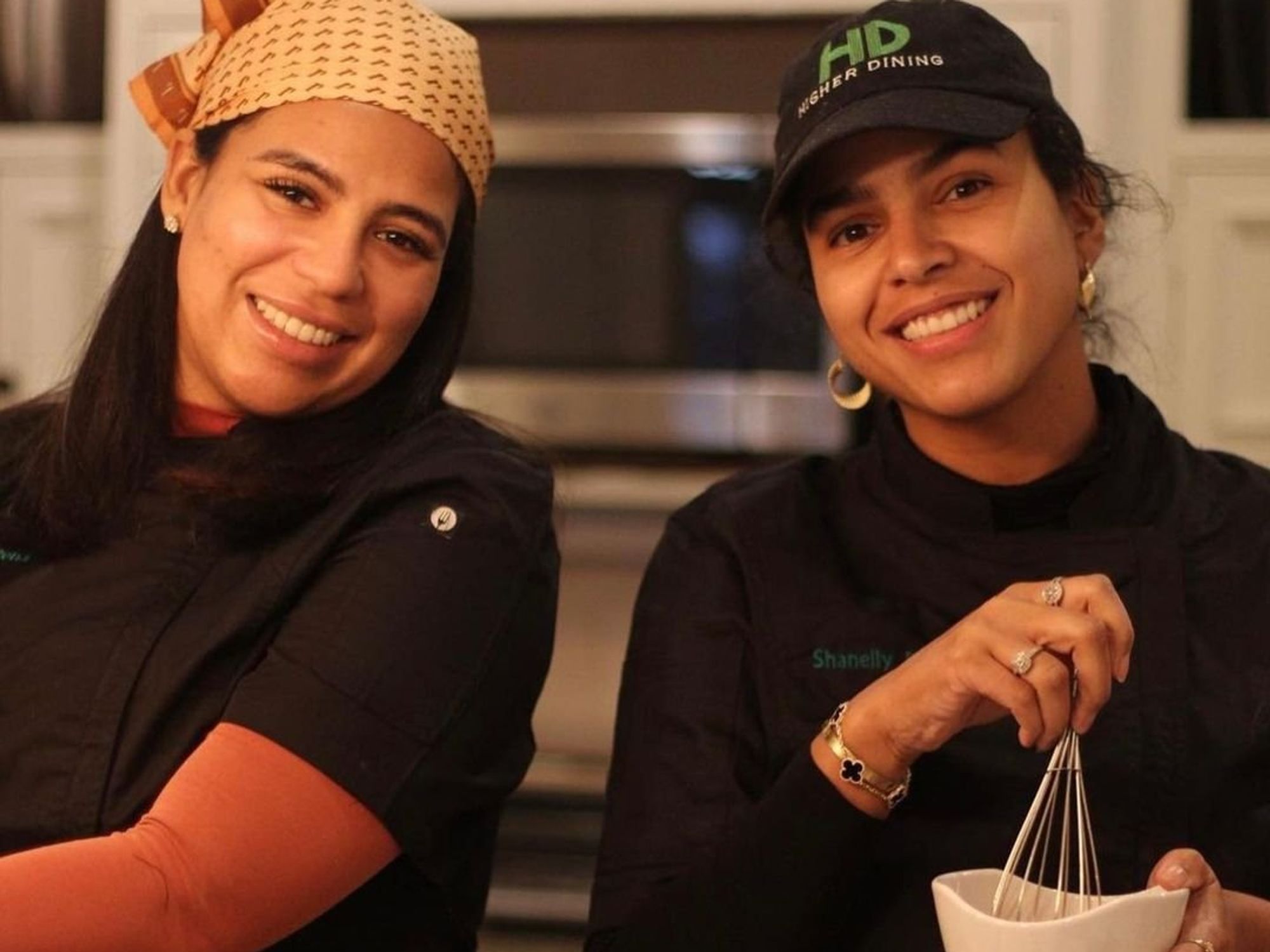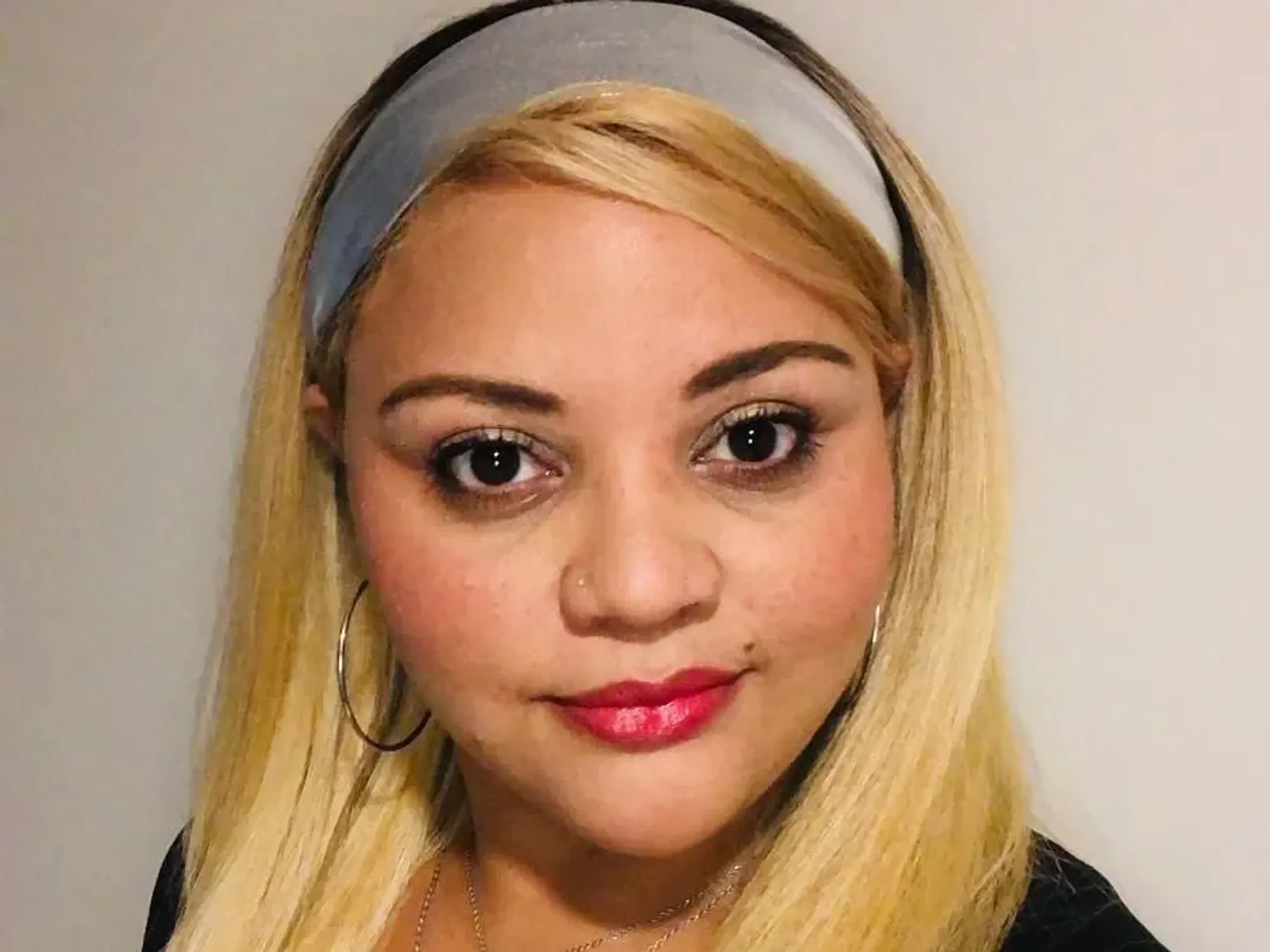
Growing up, many of us heard about the awful ways in which weed would ruin your life. It was la planta del diablo. That negative (and mostly false) perception of cannabis is becoming less prevalent as more and more individuals embrace the plant for its healing properties. As States continue to legalize both the usage and possession of cannabis and approve it for both recreational and medicinal use, the industry continues to legitimize itself while consumers discover the myriad of uses.

Image shared by perfectunion on Instagram
Image shared by perfectunion on Instagram
With the industry being legalized in so many states, we are left to wonder where the Latine community stands. We know brown and Black individuals were, and continue to be, disproportionately criminalized for being consumers of cannabis, and as legalization becomes a reality in many states, we are fortunately starting to see less impact on these communities.
As states also attempt to address disproportionate access to wealth-building opportunities in the industry for those who were unfairly targeted and convicted of marijuana crimes, we are also seeing some semblance of hope as more people of color entrepreneurs enter the industry. Whether people of color are taking advantage of these new opportunities as entrepreneurs or as professionals in the space, the increase in diversity numbers is a win for everyone.
These five Latinas are making strides in the cannabis industry, and we hope that after them, come many more.
Roshelly & Shanelly Peña

Photo by latinas_cann on Instagram
Photo by latinas_cann on Instagram
Sisters Roshelly and Shanelly Pena, founders of Higher Dining Experience, have transformed their unexpected journey into cannabis-infused chefs. Their lifestyle cannabis brand combines Latin flavors with a touch of high times, offering savory power dishes, desserts, and mocktails. Higher Dining has become a sought-after destination for both cannabis enthusiasts and newcomers seeking flavorful experimentation. From THC-infused chimichurri with carne asada to guava chicken wings made with canna oil, their menu tantalizes the taste buds. The culinary series also provides a social and interactive experience, allowing guests to explore different strains, enjoy handmade pre-rolled joints, and indulge in microdosed creations.
Priscilla Vilchis

Photo by hollyweedqueen on Instagram
Photo by hollyweedqueen on Instagram
Priscilla Vilchis, a native Californian, recognized the potential of cannabis as an alternative to highly addictive prescription medications during her time in a physician's office. Becoming the first Latina in the US to obtain a license for cannabis production, she established Premium Produce, a Las Vegas-based cannabis facility where she serves as CEO. Vilchis has further expanded her entrepreneurial ventures by founding her own cannabis business, Reina.
Ruth Jazmin Aguiar

Photo by zamoravisuals on Instagram
Photo by zamoravisuals on Instagram
Ruth Jazmin Aguiar, a cannabis industry veteran, brings nearly a decade of experience in regulation, advocacy, licensing, strategy, and social equity. With expertise in business development within Spanish-speaking markets, she bridges the communication gap between entrepreneurs and government officials in California and beyond. In 2021, Aguiar joined Locatora Productions as the cannabis business manager for their podcast, Marijuanera: a Podcast for Potheads, expanding her career into mainstream media.
Frances González

Growing up in Puerto Rico, Frances González was told a lot of things about weed. Mainly, that it was a harmful drug not to be abused. After trying it at 22, González realized the misinformation around cannabis, and she went on to start Latina Cannapreneurs to combat the misinformation about the industry. Latina Cannapreneurs is a nonprofit organization that works to educate and empower Latinas about the cannabis industry and works to promote Latina entrepreneurship within the industry.
Susie Plascencia

Photo by Susie Plascencia on Facebook
Photo by Susie Plascencia on Facebook
Susie Plascencia is a multifaceted Latina journalist, entrepreneur, and cannabis advocate. As the founder and CEO of NightShift Digital and NightShift Cannabis, she utilizes her expertise in PR, social media marketing, and the cannabis industry. Plascencia's dedication to Latina representation led to the creation of Latinas in Cannabis, an influential online community that empowers and connects Latina entrepreneurs, content creators, educators, and advocates. Furthermore, she holds significant positions as the co-founder and CMO of MOTA Glass.









 Promotional image provided by On Point Studios.
Promotional image provided by On Point Studios.  Promotional image provided by On Point Studios.
Promotional image provided by On Point Studios. 
